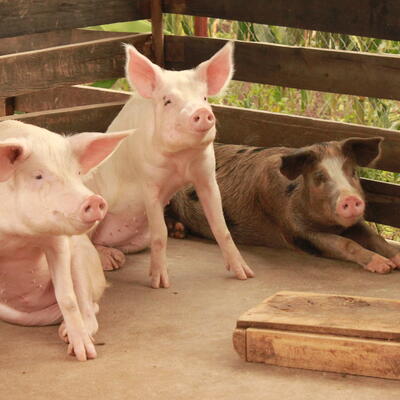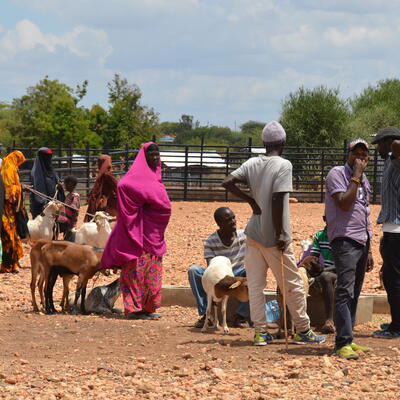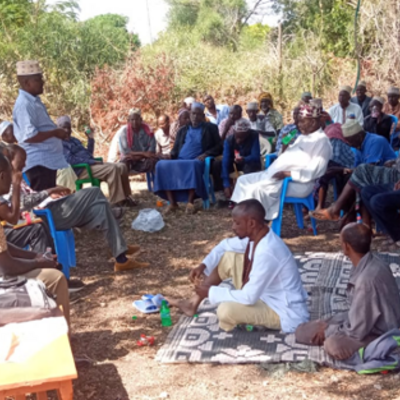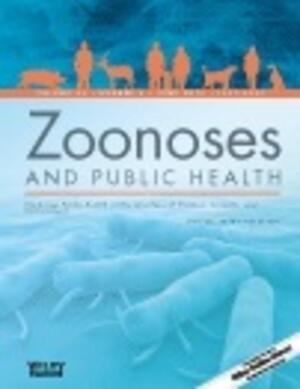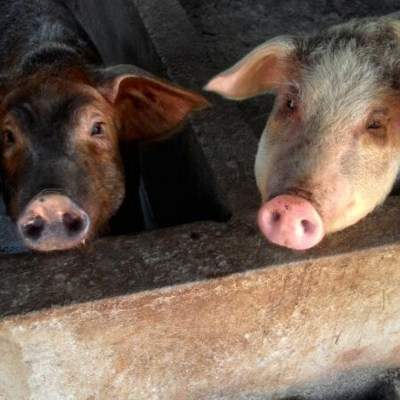
New statistical modeling study helps forecast dengue fever risks in Vietnam
In a study published on PLOS One, researchers at the International Livestock Research Institute (ILRI) and its partners have developed a statistical model for forecasting dengue fever incidence in Vietnam that could enhance prediction and control of the disease in the country.
Dengue fever is a viral infection which is transmitted to humans through the bites of infected Aedes mosquitoes. With the population of 93 million as of 2015 and the highest population density in the world of about 263 people per square kilometre, Vietnam is one of the countries with a high incidence of dengue fever.
The existing global dengue risk maps cover multiple countries, including Vietnam, but they show a generalised distribution of risk within countries. Country-specific risk maps and forecasting models on dengue have been developed for many countries including Sri Lanka, Brazil, Argentina, Singapore, Colombia and Venezuela. This work generated comprehensive dengue fever risk maps for Vietnam.
In this study, researchers used dengue surveillance data from all the 63 provinces of Vietnam compiled by the Ministry of Health between 2001 and 2012, monthly meteorological data from the Institute of Meteorology and Hydrology and Climate Change, and land cover data from the National Aeronautics and Space Administration (NASA) Moderate Resolution Imaging Spectroradiometer (MODIS) website to develop the forecasting statistical model.
The study found that dengue incidence had a strong seasonal pattern which often peaked between July – October. This peak closely followed that of maximum rainfall, and minimum and maximum temperatures. Provinces in the south the country had higher reported incidences compared to those from central and northern regions. The capital city of Hanoi also reported higher number of cases compared to the neighbouring areas.
‘These risk maps and incidence forecasting tools will enable policymakers to deploy risk-based interventions,’ said Hung Nguyen, ILRI researcher, who led the study.
The findings provide important forecasting tools for dengue fever at country level. In the future, researchers hope this knowledge will be used to design national dengue control and prevention programs.

The distribution of crude number of dengue cases (1A), estimated human population (1B) and crude incidence (1C) by province in Vietnam in 2001 – 2009. The lower panel gives crude number of cases (2A), estimated human population (2B) and crude incidence (2C) by province in 2010 – 2012. The observed dengue incidence given in 2C was used to validate the forecasting model developed in this study
Acknowledgements
ILRI thanks the General Department of Preventive Medicine, Ministry of Health of Vietnam (GDPM/MOH) and Institute of Meteorology and Hydrology and Climate Change, Ministry of Natural Resources and Environment for providing information on dengue cases and meteorological data. This work also received support from the CGIAR Research Program on Agriculture for Nutrition and Health (A4NH), led by the International Food Policy Research Institute (IFPRI).
We also thank all donors who supported this study through their contributions to the CGIAR Trust Fund.






